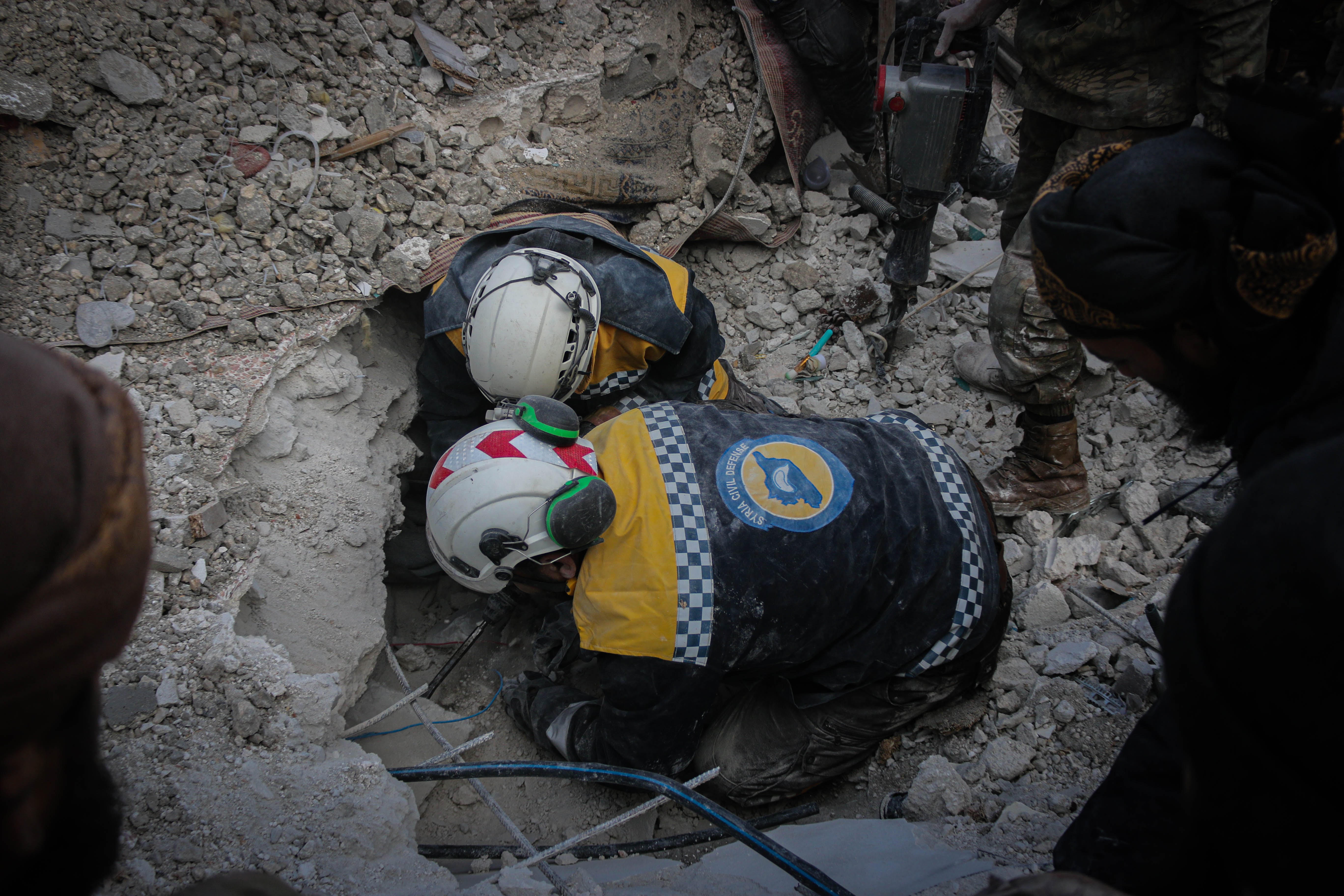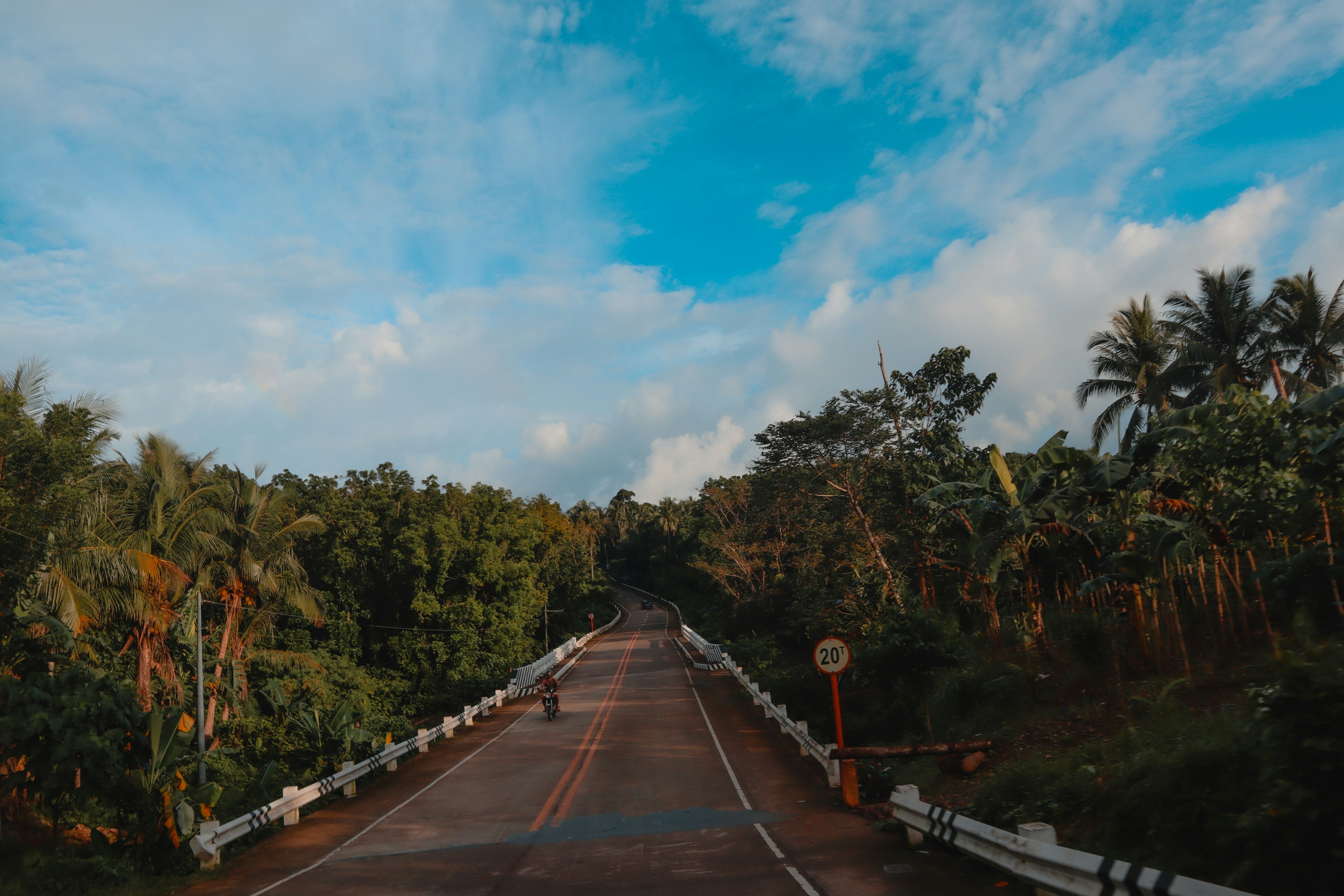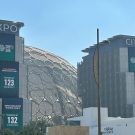The trend of international humanitarian assistance continues to grow in volume, raising the position and the profile of non-Western donors, such as the Arab states of the Persian Gulf. The Gulf states comprise of seven member countries which are: Bahrain, Iraq, Kuwait, Oman, Qatar, Saudi Arabia and United Arab Emirates (UAE). Few member states of the Gulf have ranked competitively as humanitarian donors starting back in the 1990s, especially when their aid spending is measured in relation to their GDP. Most notably, Kuwait, Qatar, the UAE and Saudi Arabia – the wealthiest nations of the region, these oil rich states of the Arab world have become increasingly prominent donors over the past few decades. The still massive gap left by international donors, including the World Bank and UN humanitarian and development agencies – is 45% shortfall to meet needs. This has contributed to the growing critical donor roles taken by the Gulf nations.
This year, based on the OCHA 2020 top donors list, Qatar is ranked 4th donating US$10m – of which 100% is unearmarked aid, positioning it ahead of the Netherlands, Australia and Germany. Saudi Arabia ranked 12th also with 100% unearmarked aid. So, what is the reason behind the significant Gulf state unearmarked donations? And what has happened to result in Qatar’s rank supassing Saudi Arabia’s? This blog examines the religious and political drivers behind the amplified Qatar engagement in humanitarian response and the implications for the international humanitarian sector’s diplomacy.
A bit of a history
The Gulf donorship is profoundly informed by Islamic cultural traditions of giving and philanthropy. The concept is based on the privacy of doing good without public disclosure seeking applause, typically achieved through direct assistance to organisations and recipients on the ground without broadcasting. Accordingly, the transparency and reporting of aid funds was almost impossible and are never monitored. The states did not either subscribe to the Western definitions that distinguishes humanitarian and development assistance. This challenged the evaluation of aid funds as noted in the HPG 2017 working paper “No funds are earmarked for development work separately from humanitarian assistance.”
The region has a clear preference to donate to other Arab countries, the inclination towards neighbours, is part of a wider commitment to “south-south solidarity and an emphasis on a shared history or the underdeveloped economies of the global south” as illustrated by Prince Talal Al Saud, president of the Arab Gulf Program for Development. Furthermore, realpolitik concerns for domestic and regional stability constitute another main driver of donorship. The donorship is then influenced and shaped by foreign policy interests and shifts in the geopolitics of the region. This impacts the consistency and role of gulf donorship dire priorities and forces in shaping its engagement tools to serve its authority, context and stability.
Regional Blockade
Since the first gulf war, the Arab spring and the emergence of conflict in the Middle East and North Africa region marked a turning point in Qatar’s regional engagement. The shift from conflict mediation to proactive intervention resulted in the second Gulf crisis unfolding a coordinated regional blockade against Qatar.

Protests in Yemen during Arab Spring. Image Credit: AlMahra / CC BY-SA.
In early June 2017, Bahrain, Egypt, Saudi Arabia and UAE cut off all diplomatic ties to Qatar (land, air, and sea blockade). These nations were accusing Qatar of supporting terrorists and extremist Islamic groups, among which included the Muslim brotherhood – who were the active advocates of revolutionary forces in the region – under the discretion, philanthropy and lack of transparency of the country’s humanitarian assistance. In addition to owning the Doha based Al Jazeera media network – used to shape emerging narratives of protests adding to allying with Iran and Turkey – the regional rivals of Riyadh. This resulted in a redrawing of the regional alliances, with political and economic fallouts which had a huge impact on humanitarian action in the Gulf, and a lose-win situation.
In leading the boycott, Saudi Arabia and UAE’s requirement for ending the blockade pressures on Qatar were that Qatar’s foreign policy would re-orient to align with their position. This geopolitical crisis in the gulf was intended to practice the region’s long used landscape of politicised humanitarian aid as part of the foreign policy engagement. However, Qatar evaded the effects of the blockade and managed to strengthen its soft power and economic resources through its existing reinforced relations with Iran, Turkey and Jordan. Today, Qatar form a strong independent foreign policy, as a high ranked humanitarian actor, and is at a respectable bargaining position to resolve and normalise its regional ties. The blockade has strengthened Qatar’s identity as a humanitarian actor, regained its image fostering its sustainability and self-sufficiency, re-invigorating the country’s drive to a long-standing independence and long-term sustainability of its humanitarian assistance.
Humanitarian Diplomacy
“There is no doubt that the Gulf crisis has accelerated the process by further politicising humanitarian aid” (Barakat, Milton and Elkahlout, 2019)
The politics in the humanitarian sector is represented in the tension concerning the core humanitarian principles. Humanitarian Diplomacy (HD) is a powerful concept in understanding the multi-faceted, sophisticated conflict between Qatar’s humanitarian response and the pragmatic diplomatic politics within the Gulf region. Qatar’s practice of HD has been an instrument of its foreign policy through independent international relations and distinct application within its humanitarian and development negotiations. The state intervention in conflict resolution and facilitating mediation reflects its commitment to peace and stability, as outlined in the report of Qatari Mediation: Between Ambition and Achievement.

Image Credit: Alex Sergeev (www.asergeev.com) / CC BY-SA
During the Arab spring, the bold intervention through Al Jazeera media network was a particularly ineffective HD tool used by Qatar that shaped perceived bias regarding emerging robust narratives of protests that spurred more chaos in the Arab uprisings. The interference caused significant damage to all parties involved causing the blockade and challenging Qatar’s reputation. As a result, the country’s foreign policy shifted to a reduction in conflict mediation towards developing the Islamic Forum for International Humanitarian Law while maintaining the volume of aid through limited direct channels, mostly through multi-lateral organisations. Recognised as a regional power player, Qatar’s use of HD has evolved from employing reactive, short-term strategy to a more sophisticated approach of sustainable long-term programming backed by larger financial allocations.
Conversely, the simplified history of Qatar’s commitment dates back to several Doha Peace Agreements resolving previous disputes like Lebanon’s civil war and Djibouti-Eritrea disputes. In early 2019, Qatar was able to regain and further leverage its significant political relations and decent association with conflict zones actors to welcome on its ground space for dialogue and pure mediation. In strong efforts of a resolution of the 18 year-long war conflict between Taliban, the Afghani Militia and the United States, Qatar has been hosting the Taliban political office since 2013 and a number of peace negotiation meetings in its capital city, Doha. The diplomacy, confidence and integrity role played by Qatar in mediating the dialogue was represented by the Minister of Foreign Affairs’ Special Envoy for Counter-terrorism and Mediation in Conflict Resolution Dr. Mutlaq bin Majid Al Qahtani. The contribution in mediation towards resolving disputes and lasting settlements is a strong foundation for sustainable development and humanitarian assistance in conflict areas.
In light of the illustrated case, the challenges faced by Gulf donors, limiting coordination and regional collaboration lead to sufficient learnings for HD and the international community. The role of humanitarian diplomacy could further politicise access to aid. Therefore, in order to strengthen future practice, establishing a joint committee to strengthen the legitimacy of contribution and reinforce the humanitarian lens and humanitarian principles is critical for the efficacy of pursuing the independent policy role to fill funding gaps like Qatar and other Gulf nations may be able to do.
Main image credit: Diplo






